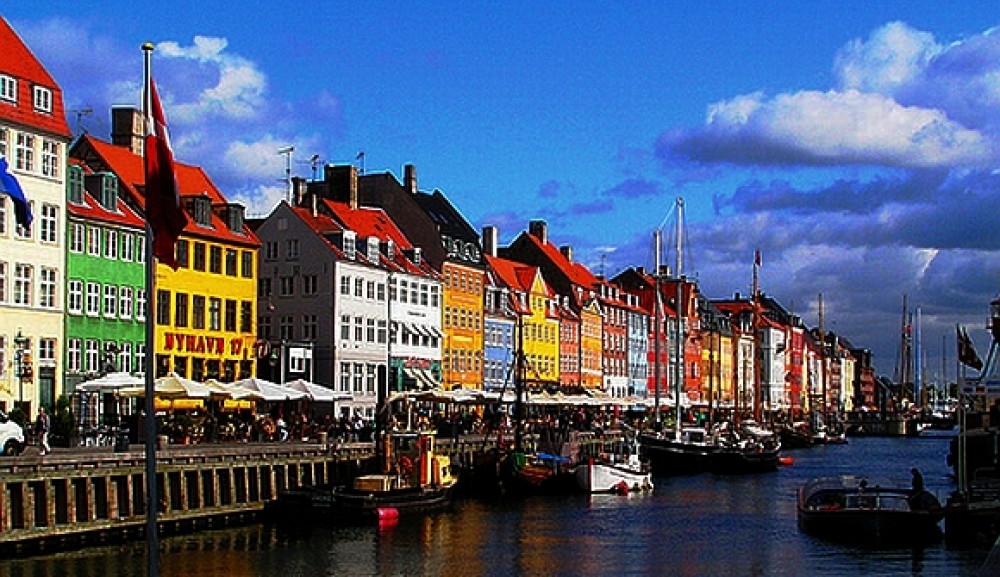The word “Close” is hard to translate without context.
In English it can mean both to shut something down, be near something or someone, or to successfully finish a sales negotiation. Of course this opens up a plethora of pitfalls for the diligent linguist/translator, even in-context:
“Close the deal!” was translated as “Luk handlen!”, which can be understood as “Shut down the business!”. 🙂 It should have been something like “Få Ordren!” or “Luk salget!” (i.e. “Get the Order!”).
“As close as you can” was translated as “luk det så godt som du kan” (“close it as well as possible”). The correct translation would be “så tæt på som muligt”.
“It is close to my heart” ==> “det er mit hjerte nær”. Interestingly when we go “poetic” in Danish we like to reverse the word sequence. Saying “det er nær mit hjerte” would be a geographic description of something located near my heart, with no emotional content.
Close, but no cigar!
And what about “Close, but no cigar!”: what would be a good translation of this Idiom into Danish? Maybe “Lige ved og næsten slår ingen mand af hesten”? (“Close-to and almost does not knock any man off his horse”).
Erik Moldrup has compiled a very impressive list of English-to-Danish idiom translations at: http://lakjer.dk/erik/engelsk/enidiomstb.html . But “Close, but no cigar” is not amongst them. Ahem… close, but no cigar… 🙂 I will ask him for advice.
There’s also an impressive list of Danish proverbs with explanations (in Danish) at: http://da.wikiquote.org/wiki/Danske_ordsprog
and a corresponding one of English proverbs in English: http://en.wikiquote.org/wiki/English_proverbs



